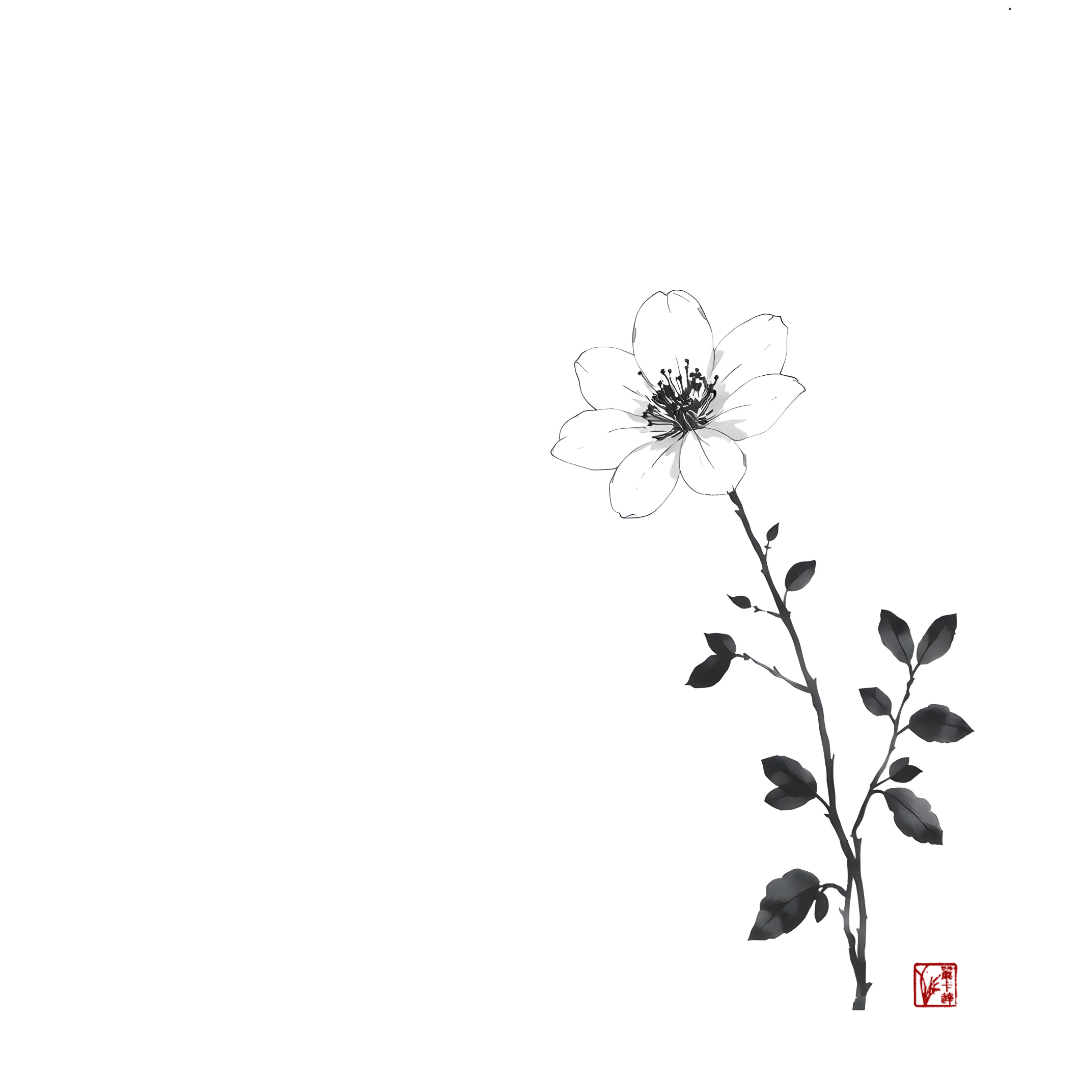The Last Apples

I found an old orchard on the hillside, its trees gnarled and leaning like weathered monuments. November had stripped most of the leaves, leaving black branches stark against the pale sky. A few last apples clung to the highest limbs, too high for casual reaching, spotted and wrinkled by frost. The grass grew tall between the rows, golden and wind-bent. The place felt forgotten, though someone had clearly pruned these trees with care.
Stone walls bordered the orchard, half-collapsed in places, covered with lichen the color of old copper. I walked between the trees, their twisted trunks telling stories of decades weathering storms. A wooden ladder leaned against one tree, its rungs worn smooth. The air smelled of fallen fruit fermenting in the grass, sweet and sharp. Somewhere a crow called, its voice the only sound besides the wind moving through bare branches.
Near the center of the orchard, an old man worked with quiet concentration. He gathered fallen apples into a basket, examining each one before either keeping it or tossing it into a separate pile. His movements were slow but certain, his hands stained with fruit and earth. When he noticed me watching, he straightened and smiled. “Help yourself,” he said, gesturing to the trees. “That’s what they’re here for.”
I asked if the orchard was his. He shook his head. “I just tend it. Someone planted these trees long before I came. Seemed wrong to let them go wild.” He’d been caring for them for forty years, he told me – pruning, protecting, gathering the fruit for anyone who wandered up the hill. “Never kept a single apple for myself,” he said. “That’s not what this is about.”
We worked together in the slanting light, collecting the last fruit before winter took them. He explained which apples made the best cider, which would keep through December, which the deer would appreciate most. His knowledge came from decades of attention, of returning season after season to trees that weren’t his, expecting nothing back. “The work is the point,” he said, placing a perfect red apple in my hands. “Not the having.”
When my pockets bulged with apples, the old man waved me on my way. He stayed behind, working until the light failed, tending an orchard that belonged to everyone and no one. Walking down the hill with the weight of fruit pulling at my coat, I thought about all the invisible care that sustains the world – the work done without witness or reward, the gifts given to strangers, the generosity that asks nothing back. The apples tasted sweeter for the lesson, each bite full of forty years of patient, selfless tending.



